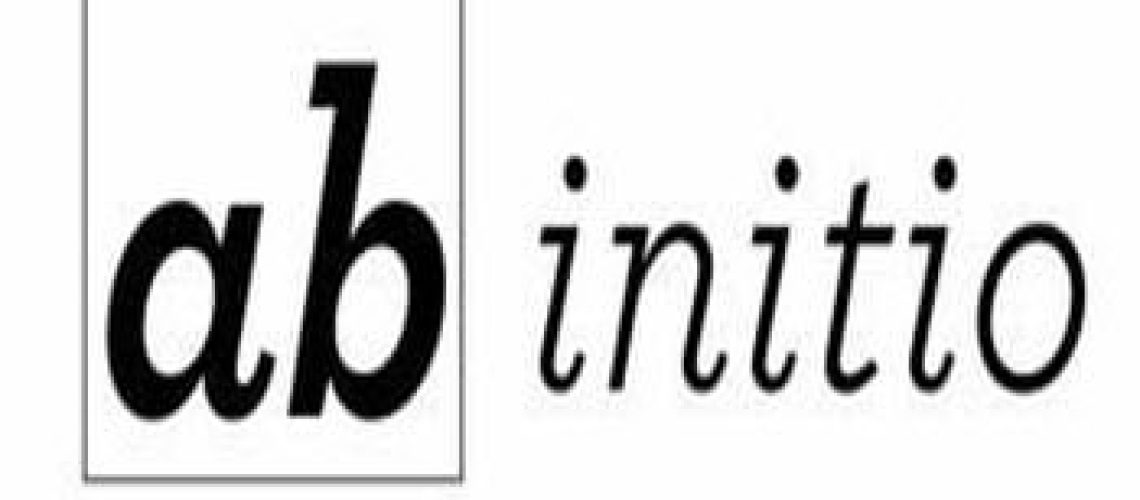by Siddharth Dey
I have been using Quora for a some time now. While having the Most-Viewed Writer tag is something altogether, the aim is and will continue to be to share my knowledge and understanding with the netizens who are looking to cross this hurdle towards law school. The tricks and paper-solving strategies that one holds up their sleeve are invaluable, and so, I will simply act as a catalyst in getting you to those tricks sooner rather than later. So, with a few months away, I have decided to pick some of the most relevant questions & their answers that is worth a read for even ones who aren’t on Quora. I hope you find them helpful in the same way I did when I appeared for CLAT.
The questions and answers are reproduced almost as they were posted on Quora. The links are attached.
I have addressed these questions below:
- How can one effectively learn foreign phrases?
- Is the Wren & Martin needed for the Grammar part?
1.Can you suggest some effective ways to learn latin phrases for students preparing for CLAT?
You can actually figure out/deduce the meaning of a lot of such phrases; the rest, you memorize.
One thing that helps a lot is that a substantial number of English words have Latin origins. Effectively, the phrases in concern, for CLAT, are also bear a similar nature.
So, for example, the first two phrases that I had in my worksheets were “ab extra” and “ab initio”, meaning “from the outside” and “from the beginning”, respectively.
What’s amply clear is that the Latin “ab” means “from”, since it’s common in both.
The other, is that the words “extra” and “intio” are almost identical to the English words… well… “extra” and “initial”. We find the use of “extra” in “extraneous”, “extra-terrestrial”, “extraordinary”, etc., and it serves the same purpose in those cases as it does in the above phrase; and “initial” means and serves the same purpose as “beginning” in this case.
Therefore, the trick is to be able to relate each of the Latin words to the closest possible English words.
However, something like “ex turpi causa non oritur actio” will not be as easy to decode – that’s the whole point of a longer phrase. 😛 Generally, there will be some words which have no visible connect to any known English words, and even if they do, then the translated phrase won’t make sense. Those ones, you may have to memorize.
There will be commonly used words – single words such as “ab” in “ab initio” – which usually carry the same meaning/translation in whatever phrase they are used. You can apply the meaning, wherever you see that word.
The meanings of the Latin phrases given in your books will be word-to-word translations and may not make a lot of sense, to be honest. You should ideally look up on the internet and find the context they are normally used in. [answered HERE on June 6, 2016]
2. Do I need to do Wren and Martin because the book has given a lot of detail, and if not, what book should I use for CLAT grammar purposes?
That you’ve framed a large sentence is perhaps an indicator that your grammar is sound (more or less, forgive the Nazi). That’s just my subjective opinion, though.
I’ve felt that reading the Wren & Martin is unnecessary if you have a steady grip of things.
So, before you start reading the Bible for English grammar…
1) Just go through the previous year’s papers. Last 5, at the very least.
Looking at the grammar questions in English. You’ll most probably notice that you don’t need to know every single technical detail, except for the fact that you should be differentiate between an article and a preposition (and such simple things) when the question asks you to fill in the blank with one.
Actually, you just need to know how to write a logical sentence, for that question!
This is what CLAT tests you for, to the best of my knowledge.
2) Looking at the questions, you’ll discover two things for sure: (i) where you stand currently (for grammar) (ii) what you have to do from then on, if you need to improve.
If you need to improve, it’ll be either in (a) the theory and technical stuff + practice, or (b) you already know most of the theory, so just practice questions.
3) If you at all need a book for grammar, then that should be W&M – only because you have things to read up (the technical stuff) from there.
You absolutely don’t need an extra book just for practice questions! Of course, you can solve the practice exercises from Wren & Martin, if you already have it.
There’s a gazillion online tests for grammar, which fit most of the requirements for CLAT. Just make sure the particular questions you end up solving are similar to that of CLAT.
Do not get adventurous and practice or do more than necessary. [answered HERE on Jan 12, 2017]
[Siddharth’s Quora profile can be found HERE.]
YOU CAN REGISTER FOR OUR CORRESPONDENCE COURSES HERE.
You can read more about English HERE
You can read more about Logical Reasoning HERE
You can read more of Current Affairs HERE
You can read more of Legal Reasoning HERE.
You can read more of General Knowledge HERE





